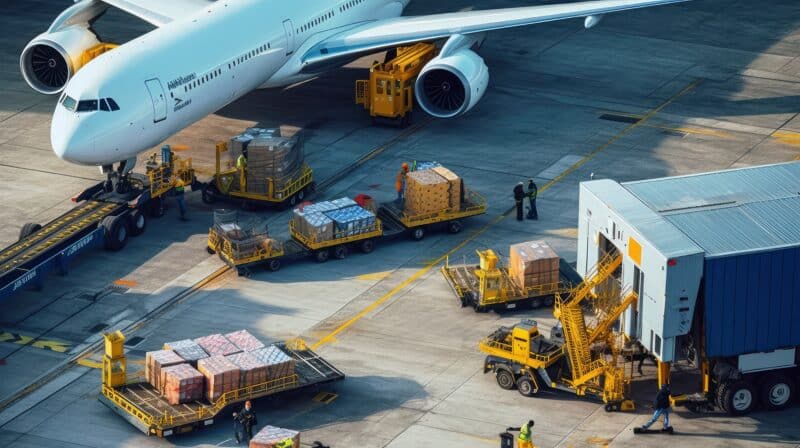The Central Communication Port is planned to connect key aviation, rail, and road transport points. However, a debate is currently underway about whether Poland really needs such a logistic hub. “If we want this project to succeed, we need changes in customs and tax law. Without them, we cannot compete with Western European countries”, says Joanna Porath, owner of the customs agency AC Porath.
Points to consider are:
- Formation of an air and rail hub must begin with preparations for its legal and customs services.
- Currently, a client importing goods in Poland would incur higher costs than in Western European countries.
- The obstacles also include control activities: a single institute for the control inspection system has not yet been established.
According to Porath, the current Polish legal system lacks the tools to efficiently carry out fiscal procedures with limited liabilities for representatives – in this case, the customs agency, similar to those used at major European airports.
Higher costs for the importer
In Western countries such as Germany and the Netherlands, when the receiver of the goods comes from the European Union and has an active European tax number, and the goods is to leave the territory of the member state to which it was delivered by air transport, a fiscal clearance can be applied.
Another issue is the current VAT rates. For example, a client importing goods in Germany pays a 19% VAT, in the Netherlands 21%, in Poland – 23%, thus incurring higher costs in our country.
Liability for customs debt
Secondly, Poland lacks competitive regulations when the recipients of goods in Poland will be companies from outside the Union, which have an address and tax representation in our country, but do not have a VAT number and headquarters within the EU.
In Western countries, direct authorization is most often used as the safest form of security against the obligations resulting from representation.
“The Polish tax ordinance, however, has combined indirect (subsidiary) liability with customs simplifications, which means that when applying customs simplifications in Poland – including the simplified application of article 33a – the entrepreneur and the agency are jointly responsible for the unpaid customs debt, i.e. VAT on importation”, adds Porath.
Thirdly, control activities. If the hub in Poland is the first customs office to enter the EU territory (e.g. for goods from the Far East or North America), then the goods must pass all administrative controls in our country, including veterinary, sanitary inspection, plant health inspection. These procedures are very detailed and time-consuming, and efforts to create a single institution for the control inspection system in Poland have so far failed.
